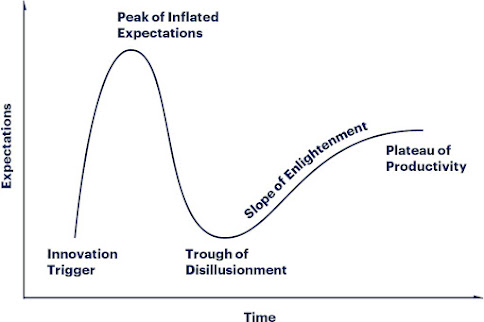Adapting AI for the Planet
The last couple of months have been interesting from a climate viewpoint - we’ve seen a record number of climate related disasters around the globe - drought, floods, fires, heat waves…..and it looks like this is probably going to be what our planet will look like in the near future. Add to that the COP26 conference that is scheduled for October 31st - and climate, sustainability and technology are front page news! So, let’s talk about one of the technologies in the news - artificial intelligence (AI) and its impact on climate, water, agriculture, energy, forestry, ecosystems and other sectors in clean technology . AI and its subset of tools - machine learning (ML), data science and statistics - are being touted as one of the key technologies in solving the problems facing the planet today. And while these technologies are certainly powerful - applying them effectively to solve problems in clean tech is another issue altogether. AI has been used by scientists in different clean tech se...


